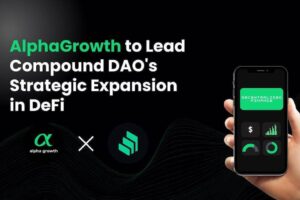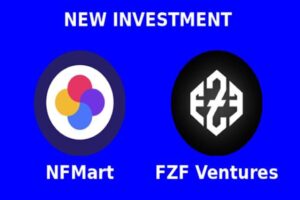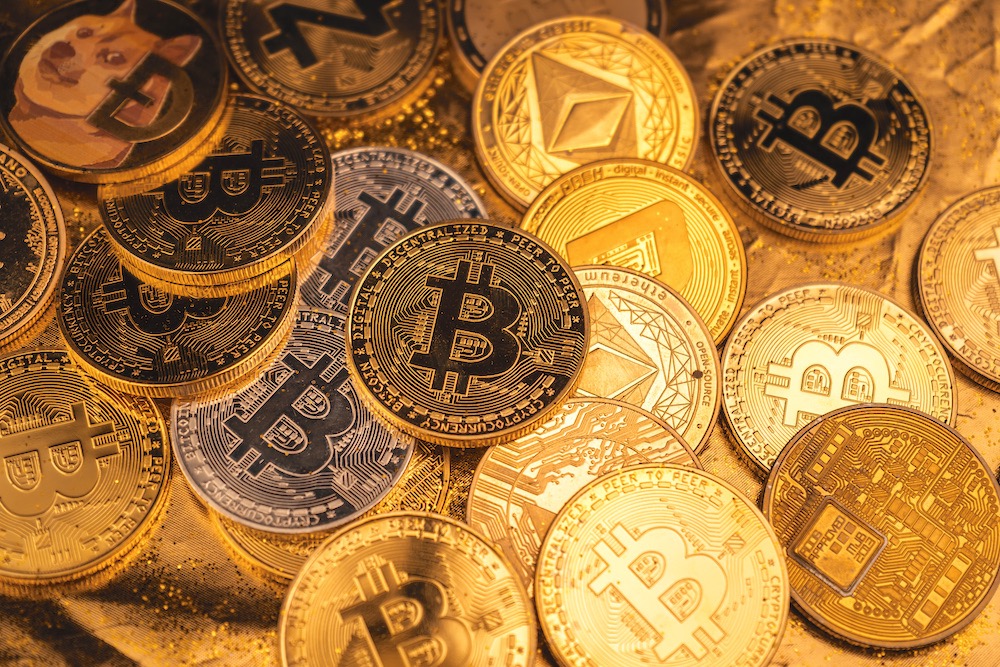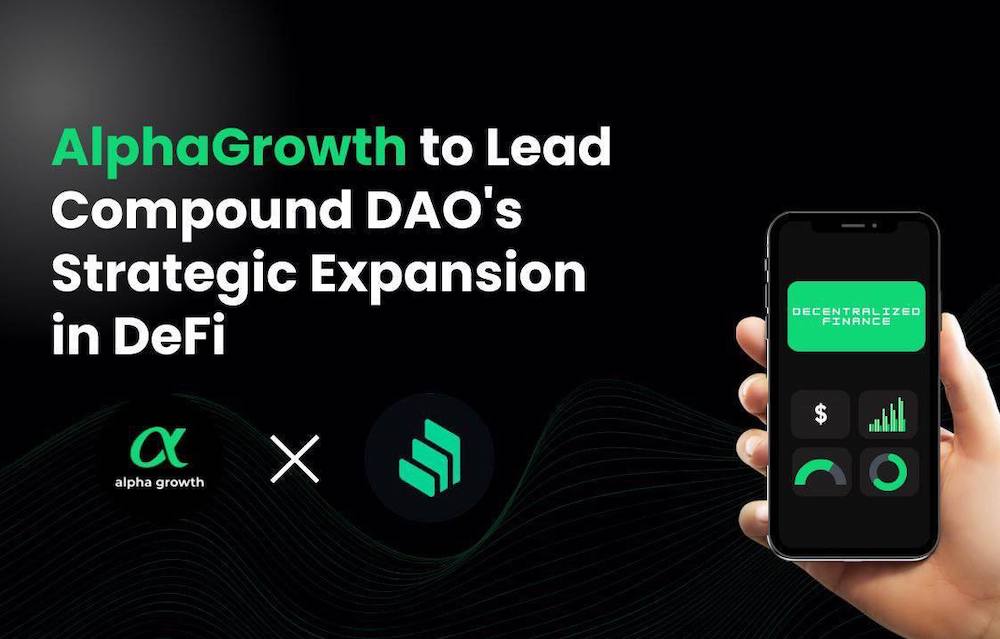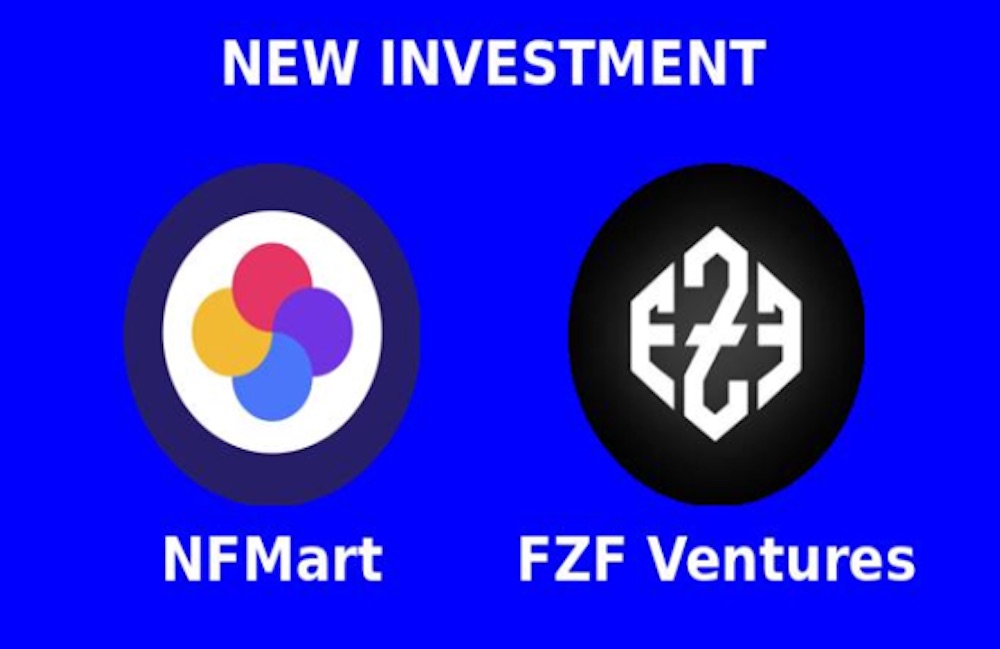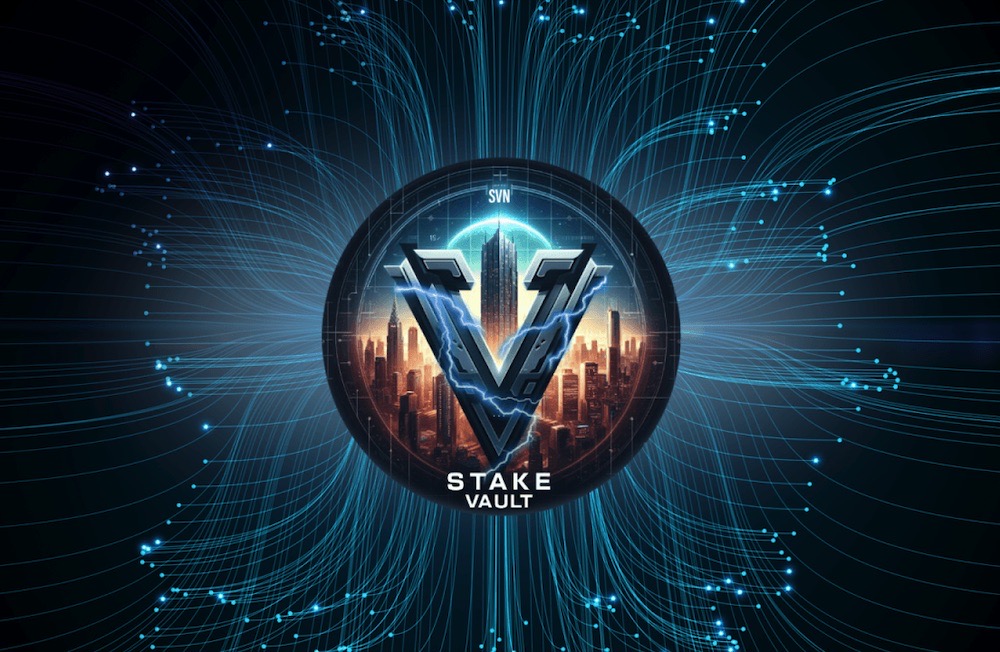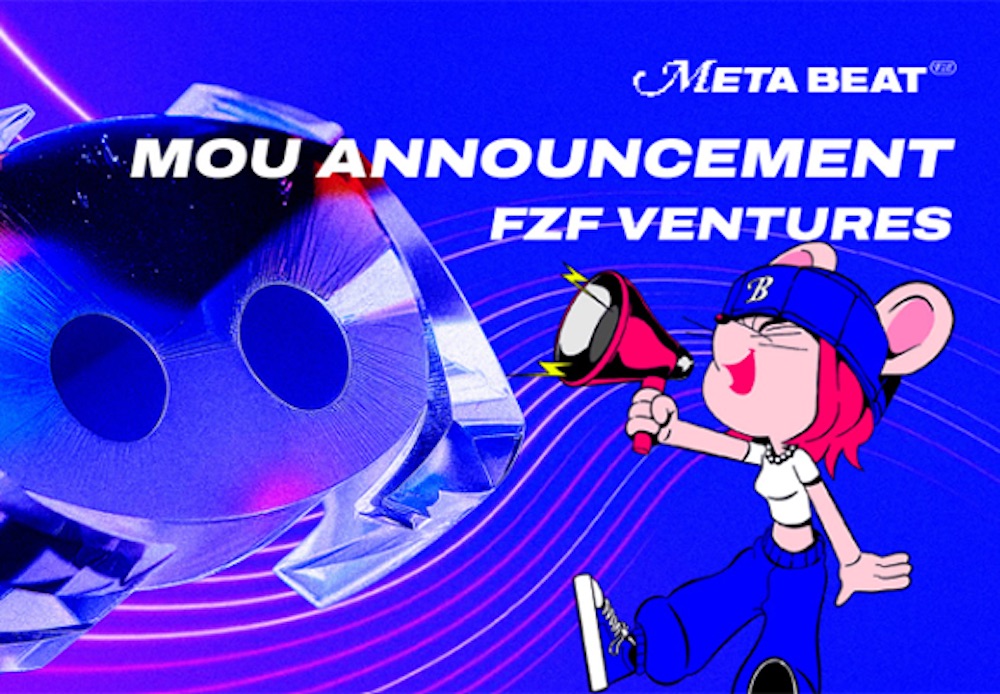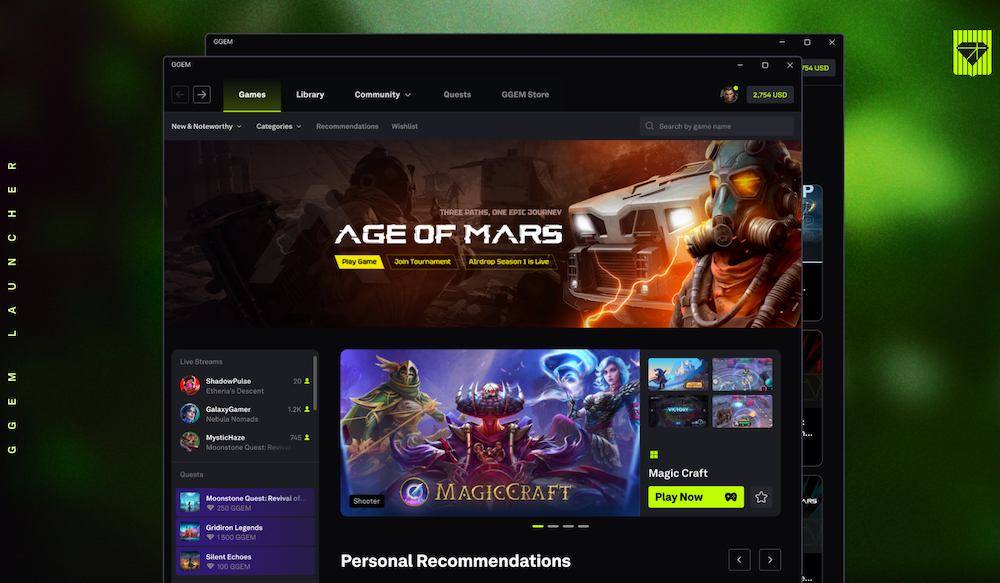
United Arab Emirates-based OneGram is issuing a gold-backed cryptocurrency in attempts to convince Muslims that investing in cryptocurrencies complies with their faith.
Islam and Cryptocurrency
The growing global interest in cryptocurrencies naturally extends into the Gulf and southeast Asia, the main centers of Islamic finance. But because cryptocurrencies and associated technologies are products of financial engineering and objects of speculation, the coins don’t fit particularly well with the religion. This is because Sharia principles, in addition to not permitting interest payments, emphasize real economic activity based on physical assets, not speculation.
In attempts to sway the debate, cryptocurrency startups are looking to launch instruments backed by physical assets and thereby certified as valid by Islamic advisors. Case in point: in order to attempt to limit speculation, each OneGram cryptocurrency unit is backed by at least a gram of physical gold stored in a vault.
“Gold was among the first forms of money in Islamic societies so this is appropriate,” said Ibrahim Mohammed, who founded the firm with other investors last year. “We are trying to prove rules and regulations from Sharia are fully compatible with digital blockchain technology.”
OneGram
So far, tens of millions of dollars worth of the coins have been issued (about 60% of the total planned amount). OneGram hopes to issue all of them before an exchange listing that’s planned for the end of May. The company obtained a ruling that its cryptocurrency conforms with Islamic principles from Dubai-based Al Maali Consulting, which is one of dozens of advisory firms around the world that offer opinions on whether financial instruments meet Sharia standards.
OneGram isn’t the first startup to take this approach. In Malaysia, HelloGold launched an initial offer of its gold-backed cryptocurrency in October, after receiving approval from Islamic scholars at Kuala Lumpur-based Amanie Advisors.
Manuel Ho, HelloGold’s chief marketing officer, said its coin conforms with Islamic principles because transactions occur within a defined period, making them less volatile and addressing the issue of ambiguity of pricing. There are others, too: United Arab Emirates-based Halal Chain conducted an ICO in December. Halal Chain’s price is linked not to gold, but to data on Islamically permissible goods.
Sharia Law Globally
National Sharia authorities have not ruled on whether cryptocurrencies are permissible, and while several global bodies recommend standards for Islamic finance, none has the authority to actually impose them. Many governments seem ambivalent: worried about the potential for instability, but unwilling to lose the chance of benefiting from new technology.
The Saudi Arabian and UAE central banks warned their citizens about the risks of trading Bitcoin, but have not imposed outright bans. Islamic jurists in South Africa have ruled in favor of cryptocurrencies, arguing they have become socially acceptable and commonly used.
In October, however, the Durban-based Darul Ihsan Centre refrained from endorsing them, citing concern over potential pyramid schemes. Further, some scholars in Turkey, India, and Britain have labeled cryptocurrencies impermissible. In January, Egypt’s Grand Mufti declared they should not be traded.
What makes the debate particularly complex is that there are thousands of digital coins each with unique features related to distribution, mining, and trading, said Farrukh Habib, research officer at Malaysia-based International Shariah Research Academy for Islamic Finance. Because of this fact, Habib believes that a “blanket” Sharia ruling on cryptocurrencies is not appropriate:
“They are also very different in terms of their underlying commodities, projects or businesses, so it’s not appropriate to have a blanket Sharia ruling for all,” said Habib. “Most of the existing Sharia rulings either deal with only Bitcoin, or include all types of cryptocurrencies, disregarding their peculiarities.”









